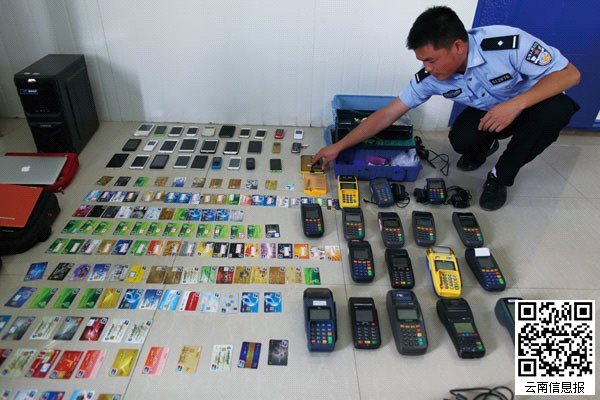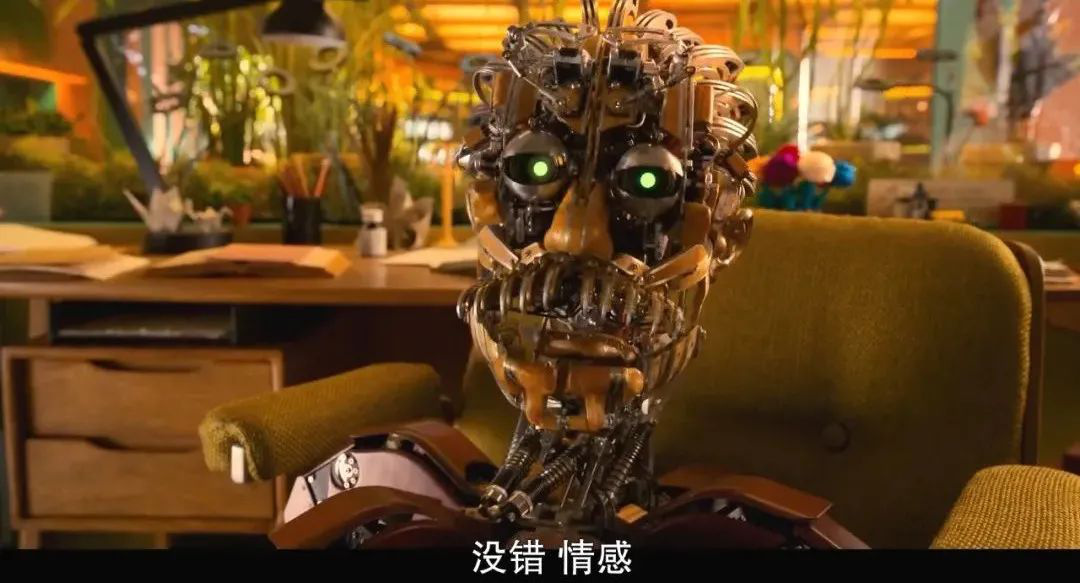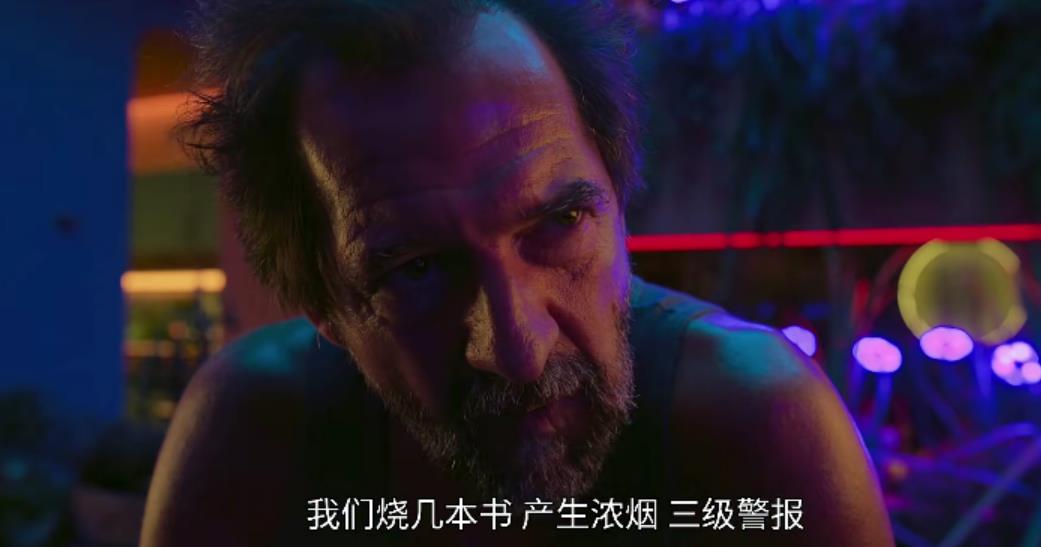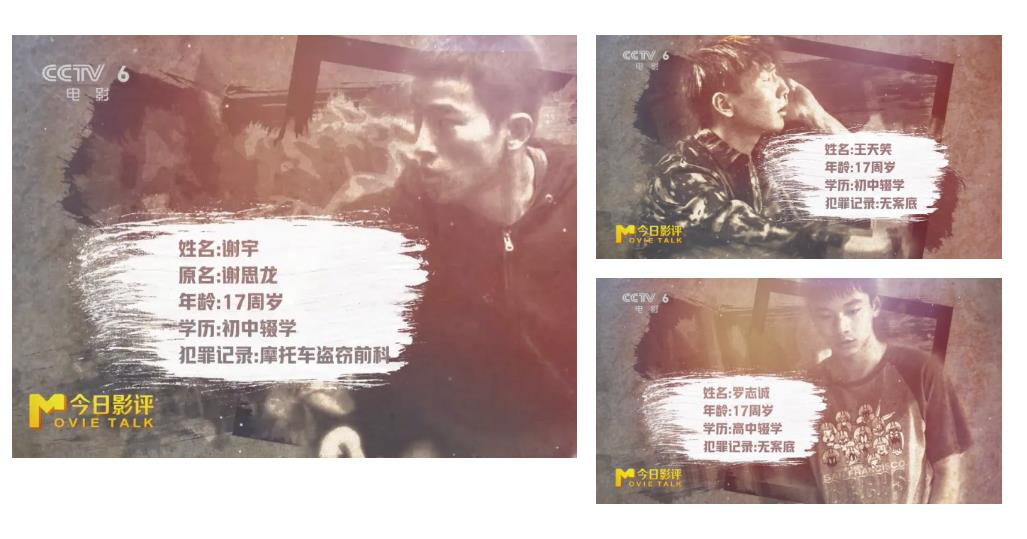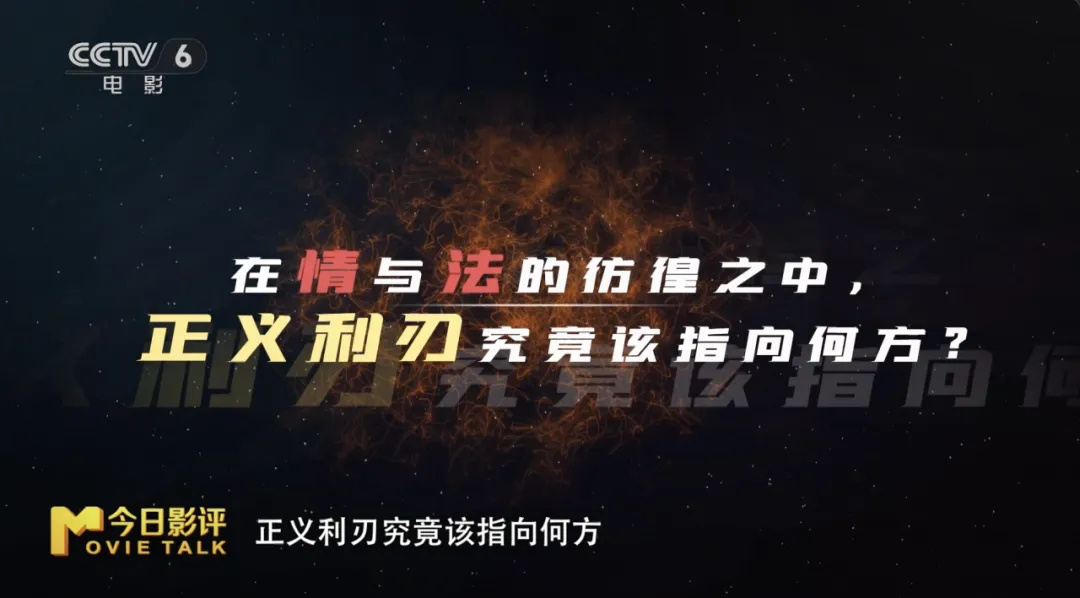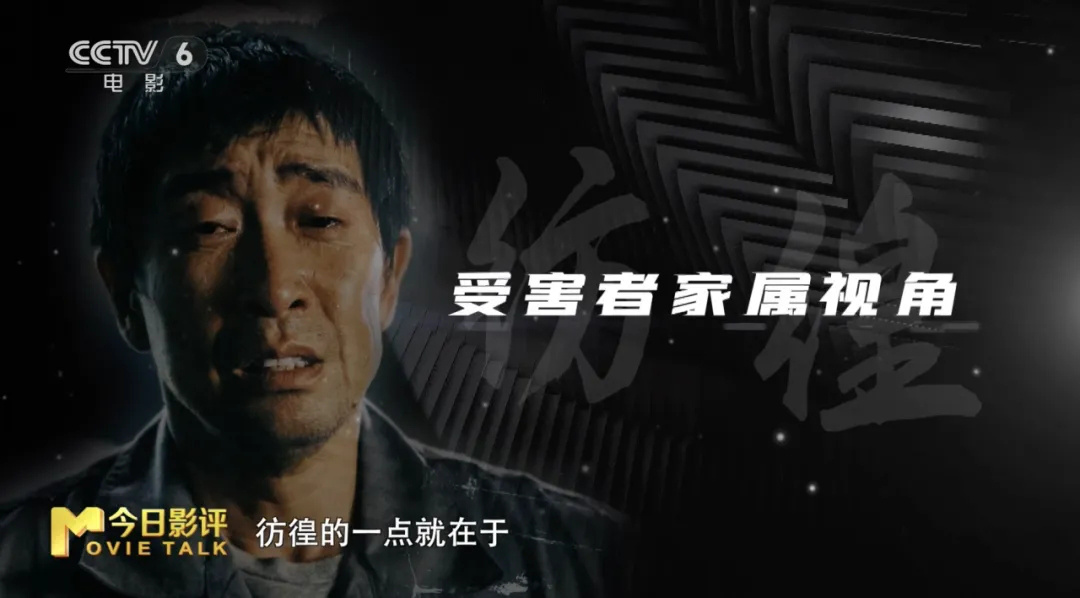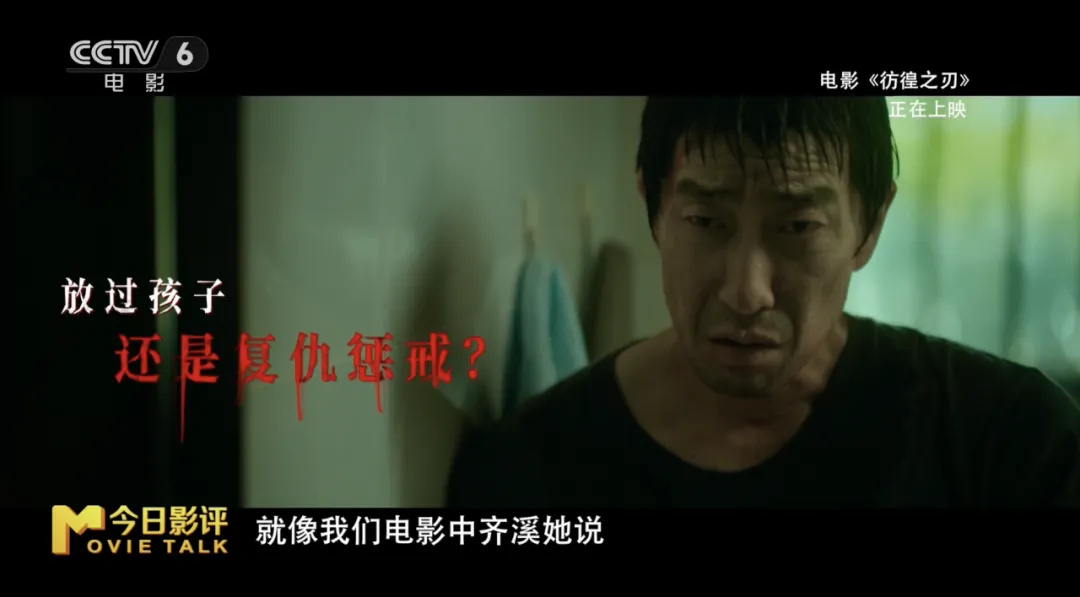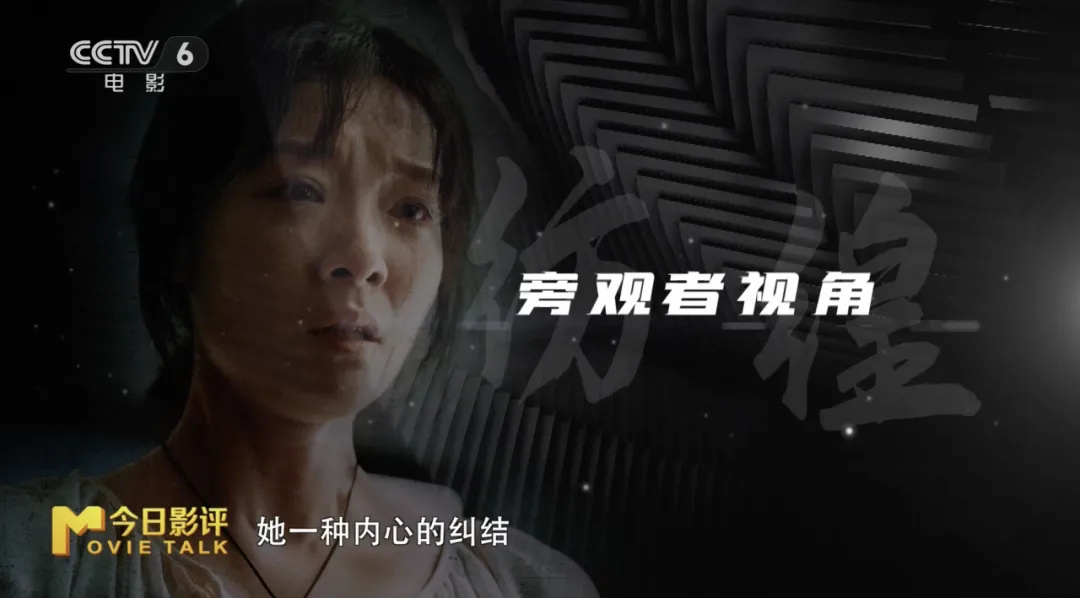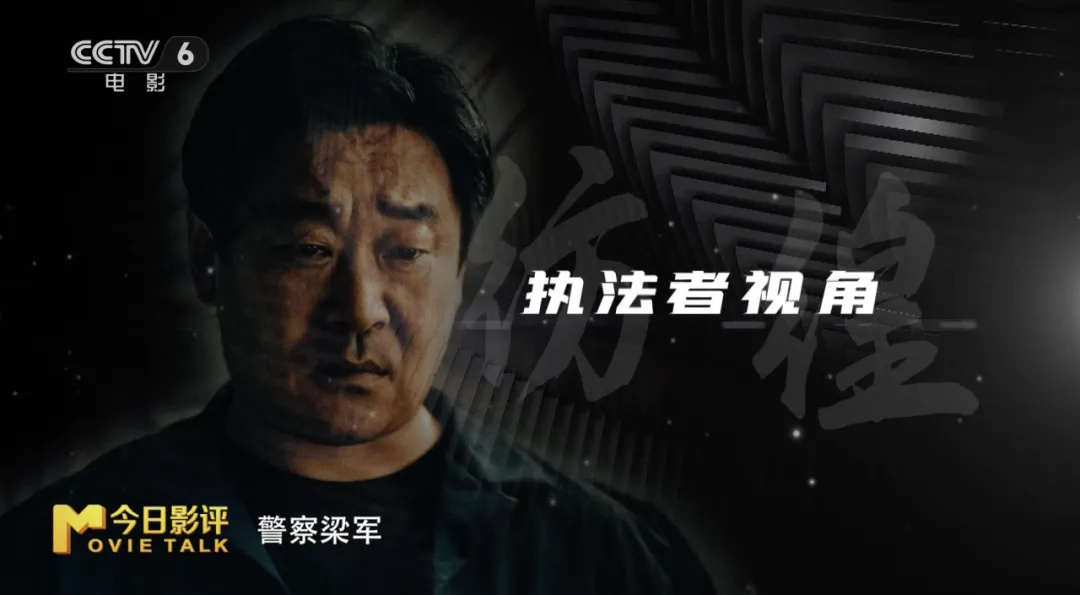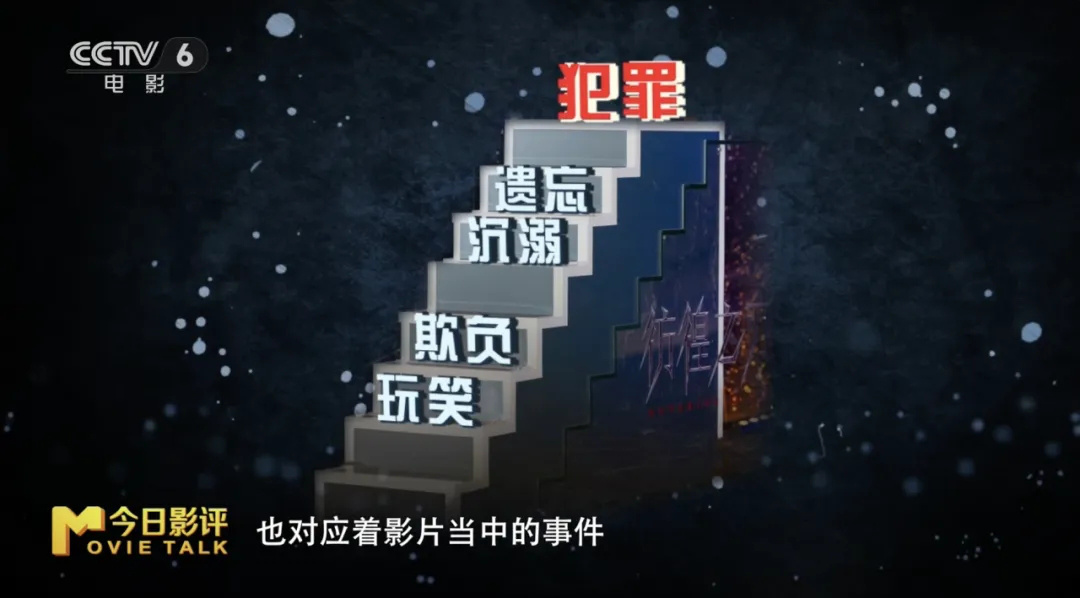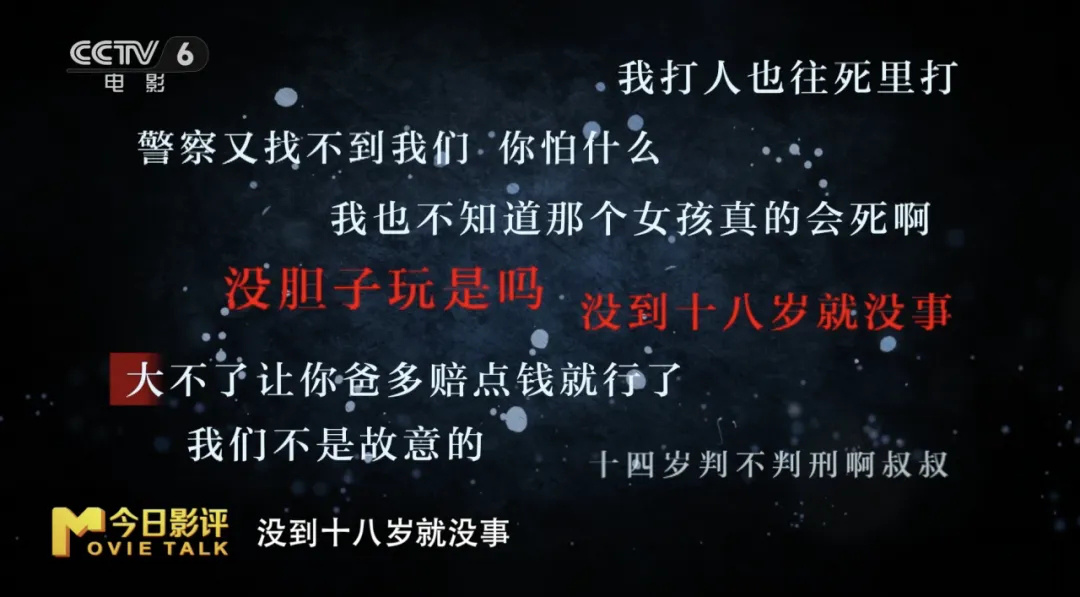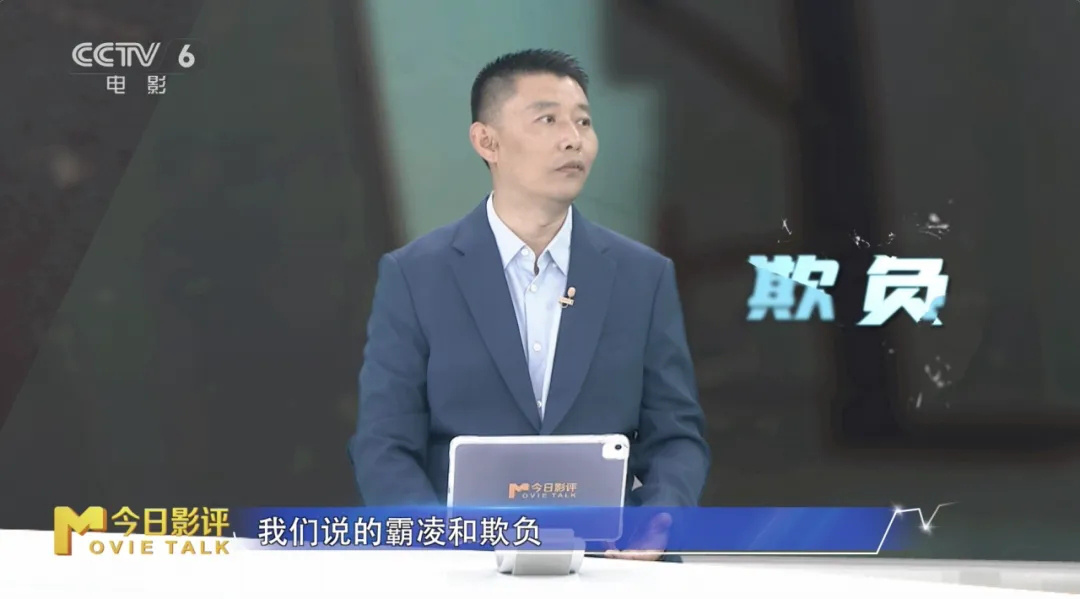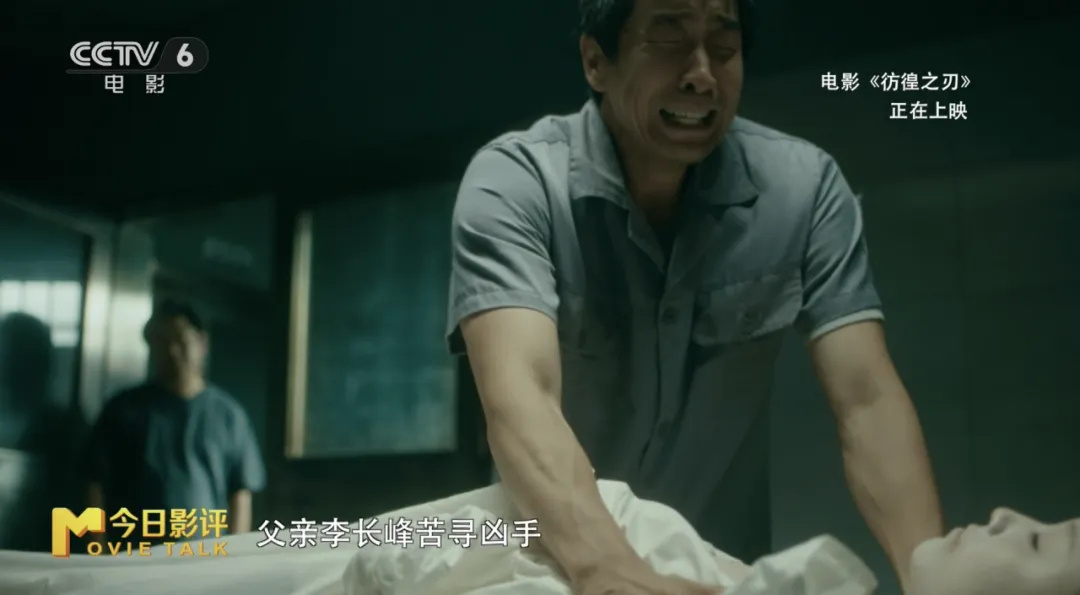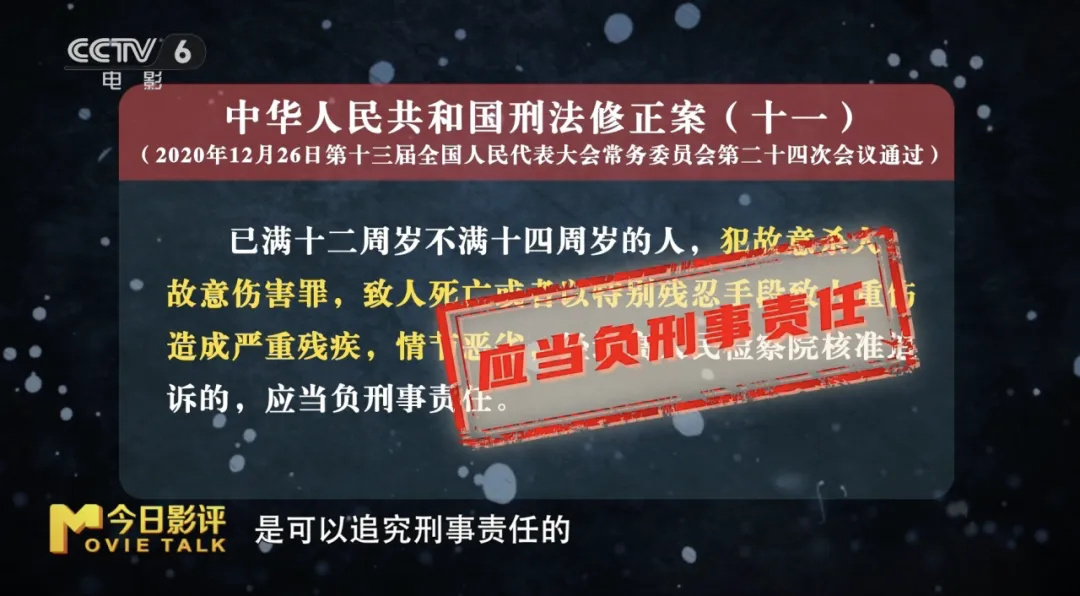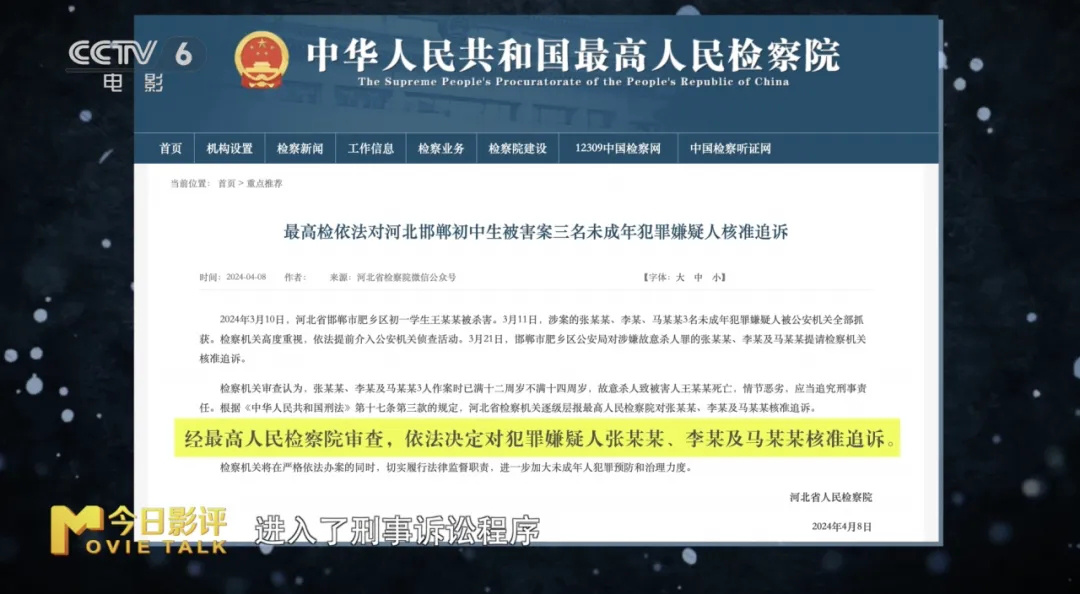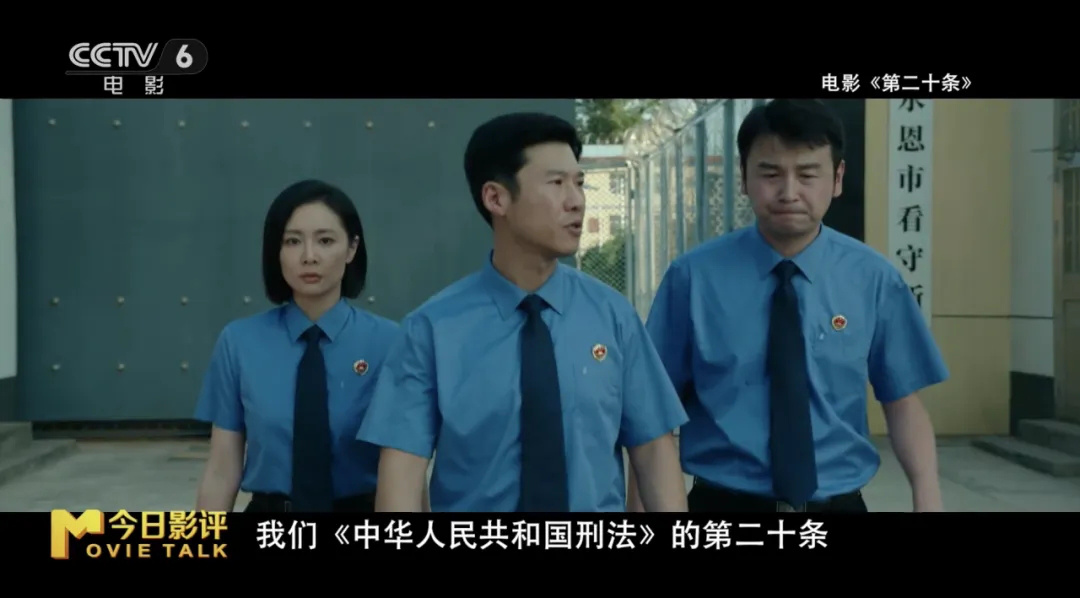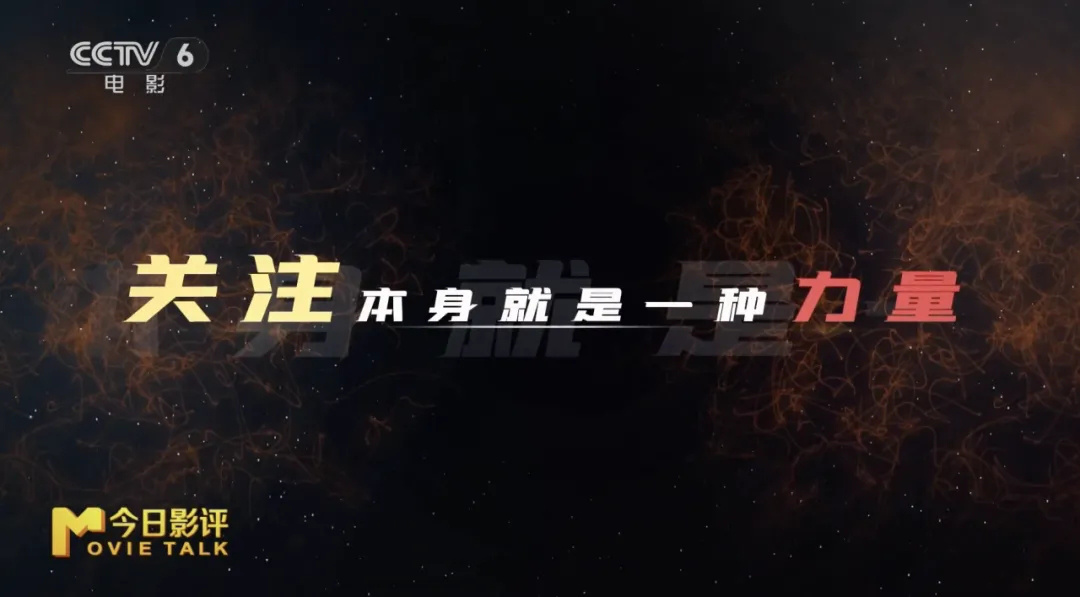Decision of Lishui Municipal People’s Government on Giving Outstanding Collective and Individual Administrative Awards to the Reconstruction of Villages in Lishui City in 2020
County (city, district) people’s governments and units directly under the municipal government:
The reconstruction of villages in Lishui city is the key work of our city in 2020. Under the strong leadership of the municipal party committee and municipal government, liandu and all units directly under the municipal government unite and cooperate, and the urban cadres at the two levels who participated in the transformation of urban villages vigorously promoted and practiced the revolutionary spirit in southwest Zhejiang, fully implemented the "Lishui Dry", focused on the goal of "clean land", and fought day and night to win the urban village transformation, from which a large number of advanced collectives and individuals emerged.
In order to commend the advanced and set a good example, the municipal government decided to give administrative rewards to 20 collectives such as liandu People’s Government and 150 individuals such as Zhang Dong, who were outstanding in promoting the urban village reconstruction in liandu and directly under the municipal government, according to the Interim Measures for Administrative Awards in Zhejiang Province and the Assessment Measures for Urban Village Reconstruction in 2020.
I hope that the collectives and individuals who are rewarded will guard against arrogance and rashness, make persistent efforts and create new achievements. All localities, departments and the broad masses of cadres and the masses in the city should take the advanced as an example, take Do not forget your initiative mind as an example, keep in mind the mission, make positive progress and strive hard, carry forward and practice the "revolutionary spirit in southwest Zhejiang", take the "dry of Lishui" as the main task, and make new and greater contributions to the high-quality green development of the city.
Attachment: List of Collective and Individual Administrative Awards for Reconstruction of Villages in Lishui City in 2020
Lishui Municipal People’s Government
June 24, 2021
(This piece is publicly released)
attachment
Reconstruction of Villages in Lishui City in 2020
List of administrative reward collectives and individuals
I. Collective Awards (20 in total)
1. Class II (1).
Liandu Municipal People’s Government
2. Class III (4).
Lishui housing and urban construction bureau
Lishui comprehensive administration law enforcement bureau
Lishui natural resources and planning bureau
Lishui labor resources social security bureau
3. Awards (15).
Lishui land and house levy research guidance center
Lishui bureau of finance
Lishui urban construction investment co., ltd
Lishui auditing bureau
Lishui Municipal Party Committee and Municipal Government Bureau for Letters and Calls
Lishui daily newspaper
Lishui radio & TV reception desk
Lishui Municipal People’s Government State-owned Assets Supervision and Administration Commission
Lishui Bureau of Public Security liandu Branch Bureau
Liandu people’s court
Liandu Yanquan sub-district office
Liandu Zijin sub-district office
Liandu Baiyun sub-district office
Liandu wanxiang sub-district office
Liandu Liancheng sub-district office
II. Individual Award (150 persons in total)
1. Class II (8 persons).
Zhang Dong, Deputy Director of Lishui Finance Bureau
Chen Yuebo, Vice Chairman of liandu CPPCC
Ye Zhaojun Director of Lishui Comprehensive Administrative Law Enforcement Bureau Office
Li Xinhua Member of the Party Group and Director of the Office of Lishui Civil Affairs Bureau
Cai Zhubin Director, Real Estate Market Supervision Department, Lishui Housing and Urban-Rural Development Bureau
Pan Jingjie Senior Engineer of Lishui Housing and Urban-Rural Development Bureau
Wu Changping Director of Resettlement Management Department of Lishui Land and Housing Expropriation Research Guidance Center
Bu Guangfu Secretary of the Party Working Committee of Wanxiang Street, liandu
2. Class III (42 people).
Fu Daixing, Second Investigator of Lishui Audit Bureau
Ye Jianguang Deputy Secretary-General of Lishui Municipal Government
Wei Rongkun, Deputy Director of Lishui Municipal Committee Network Office
Deputy Director, Research and Guidance Center for Land and Housing Expropriation, Lishui City, Zhang Xiaohong (presiding)
Yu Haixiong, Vice Chairman of liandu CPPCC
Rao Junfei, Grade 4 Investigator of directly under the authority Working Committee of Lishui Municipal Committee.
Zheng Jinkang, Grade IV Investigator of Lishui Emergency Management Bureau
Fan Guanman, Grade 4 Investigator, Lishui Natural Resources and Planning Bureau
Cai Linhai, Vice President of Lishui Natural Resources and Planning Bureau, Land Survey, Surveying and Mapping Planning Institute
Liying Lishui Agriculture and Rural Bureau Breeding and Agricultural Mechanization Department (Animal Health
Director (director) of supervision office
Chen Lisen, second-level director of Lishui Construction Bureau
Zhou Miaosen, second-level director of Lishui Comprehensive Administrative Law Enforcement Bureau
Tao Rongmin, deputy captain and second-level director of Yanquan Law Enforcement Team of Lishui Comprehensive Administrative Law Enforcement Bureau
Wu Songsong Minister of Economic Security Legal Work Department of Lishui City Federation of Trade Unions
First-class member of Audit Department of Lishui Financial Treasury Payment Center, Xu Lingling
Wu Wei, Senior Director of Lishui Social and Economic Investigation Team.
Wang Pinwei, Director of liandu Municipal People’s Congress Law Committee
Lan Weiyan, Deputy Director of the Office of the Standing Committee of liandu Municipal People’s Congress
Ma Yimin, Deputy Director of liandu Municipal People’s Congress Financial and Economic Committee
Lan Linyu, Deputy Director of liandu Municipal People’s Congress Social Construction Committee
Wang Weirong, Vice Chairman of the Financial and Economic Committee of liandu Municipal People’s Congress
Ye Guanjun, Deputy Director of liandu Government Office
Li Hao Director of Baiyun Police Station, liandu Branch of Lishui Public Security Bureau
Fan Xiujuan, Deputy Director of the Bureau of Retired Veteran Cadres of Liandu District Committee
Jiang Jianwei, Director of Health Testing and Evaluation Center of liandu Health Bureau.
Liang Congnv, second-level director of liandu Women’s Federation
Ye Xiaoli Deputy Chief, Public Administration Section, liandu Administrative Service Center
Ye Liu Jun, Party Secretary and Director of liandu Collection Guidance Center
Wang Fengyuan, Chief of Land Expropriation Management Section, liandu Expropriation Guidance Center
Secretary of the Party Working Committee of Yanquan Street, liandu City, Zhou Yajun
Jin Yilin Deputy Secretary of the Party Working Committee of Yanquan Street, liandu
Deputy Secretary and Director of the Office of the Party Working Committee of Zijin Street, liandu City, Li Weijun
Shu Lihong Secretary of the Party Working Committee of Baiyun Street, liandu
Deputy Director, Baiyun Sub-district Office, liandu City, Liu Jinping
Fu Hua, Director of liandu Wanxiang Sub-district Office
Wang Yongjian, Deputy Secretary of the Party Working Committee of Vientiane Street, liandu, and the third-level director.
Guo Yuwei, Deputy Director of liandu Wanxiang Sub-district Office
Zhao Ji Director of the People’s Congress Working Committee of Liancheng Street, liandu
Wu Chaoyong, Executive Deputy Director of liandu Liancheng Sub-district Office
Ying Yongsheng, Chairman of the People’s Congress of Laozhu Shezu Town, liandu
Yang Yaowu, Chairman of People’s Congress of Yaxi Town, liandu
Yang Weili liandu Ecological Forestry Development Center Liancheng Forestry Work Central Station Cadre
3. Awards (100 persons).
Blue Party B is a cadre of the Development Research Office of Lishui Municipal Committee
Chen Gang, Director of Comprehensive Seventh Division of Lishui Municipal Government Office
Ye Dong Deputy Director of Lishui Land and Housing Expropriation Research and Guidance Center
He Yuewu Director, Political and Legal Teaching and Research Section, Lishui Municipal Party School
Wu Jinhua, Vice President of Administrative Court of Lishui Intermediate People’s Court
Ding Jiawei, the third-level director of Lishui Municipal Bureau of Justice
Wang Songshan, the third-level director of the Administrative Law Enforcement Supervision Department of Lishui Municipal Bureau of Justice
Houlinlin Lishui Housing and Urban-Rural Development Bureau Termite Prevention and Treatment Station Cadres
Luo Qiwen, Senior Investigator of Yanquan Law Enforcement Team, Lishui Comprehensive Administrative Law Enforcement Bureau
Deputy captain and second-level director of Baiyun Law Enforcement Team of Lishui Comprehensive Administrative Law Enforcement Bureau, Zhou Zhikai
Ji Wei Captain of Vientiane Law Enforcement Team of Lishui Comprehensive Administrative Law Enforcement Bureau
Huang Yinghua, second-level director of Vientiane Law Enforcement Team, Lishui Comprehensive Administrative Law Enforcement Bureau
Yao Rongli, second-level director of Vientiane Law Enforcement Team, Lishui Comprehensive Administrative Law Enforcement Bureau
Ye Qingyou, Captain of Liancheng Law Enforcement Team of Lishui Comprehensive Administrative Law Enforcement Bureau
Director, Use Control Division, Lishui Natural Resources and Planning Bureau, Liu Zhenhai
Chen Yongchun Deputy Director of Real Estate Registration Center of Lishui Natural Resources and Planning Bureau
Lan Chengyong, deputy captain and second-level director of Lishui Natural Resources Administrative Law Enforcement Team
Director of Liancheng Institute of Natural Resources, Liandu Branch of Lishui Natural Resources and Planning Bureau, Liu Zhihui
Hu Zhengyuan, Chief Financial Officer of Lishui Financial Supervision and Management Center
Shi Jianlu, a retired cadre of Lishui Municipal Committee of Zhejiang Province, China Education Union.
Liu Bijun, Deputy Director, Market Contract Department, Lishui Municipal Market Supervision Administration
Li Yi, Deputy Director of Lishui Market Development Service Center
Huang Yifan Director, Financial Development Division, Lishui Financial Office
Ying Xiaoli Director of Lishui International Investment Promotion Center
He Aimei, second-level director of Lishui Medical Insurance Service Center
Li Haifeng, section chief and second-level chief of supervision department of Lishui labor security supervision detachment
He Jinxun Senior Engineer, Lishui Ecological Forestry Development Center
Jie Deming, second-level director of Lishui Water Conservancy Bureau
Cadres of Lishui Transportation Bureau, Wang Xiaojun
Fu Peiwu, second-level director of Lishui Traffic and Transportation Law Enforcement Team
Cadres of Lishui Disabled Persons’ Federation in Liu Jianyong
Liu Junguang Deputy Chief, Dispatching Section, Official Car Service Center, Lishui Municipal Authority
Lei Dongrong, cadre and chief editor of the editorial office of Lishui Radio and Television General Station
Lan Wu Peng Lishui Daily Staff
Ye Hanming, engineer of Lishui City Construction Investment Co., Ltd.
Zhu Yinyou Employees of Lishui Agricultural Investment Development Co., Ltd.
Peng Cong Deputy Director of Landscaping Department of Lishui Water Conservancy Project Operation Management Co., Ltd.
Sang Xiaoming, Deputy Director of the Working Committee of CPPCC members in liandu (retain the official level)
Lin Zhengke, deputy head of the liandu Commission for Discipline Inspection and Supervision in the sixth group.
Ye Yongwei Director of Zijin Police Station, liandu Branch of Lishui Public Security Bureau
Zhu Zhihua Instructor of Wanxiang Police Station of liandu Branch of Lishui Public Security Bureau
Ding Feijun Director of Liancheng Police Station of liandu Branch of Lishui Public Security Bureau
Weng Wenhui First-class Sheriff of Tianning Police Station, liandu Branch of Lishui Public Security Bureau
Zeng Zhaojun Lishui City Public Security Bureau liandu Branch Yanquan Police Station
Lu Tufa, the first-level director of liandu Justice Bureau.
Zheng Lin Tu liandu Civil Affairs Bureau level 4 researcher.
Zhang Xiaojing, Principal of Social Affairs Section of liandu Civil Affairs Bureau
Liang Bo, Chief, Policy and Regulation Section, liandu Human Resources and Social Security Bureau
Xie Chunlian, cadre of liandu Human Resources and Social Security Bureau
Huangfei Liandu District Committee Organizing Cadres
Yu Yonghong, cadre of liandu Education Bureau
Zhu Feng, cadre of liandu Education Bureau
Liu Xudong, cadre of liandu Education Safety Management Guidance Center
Hu Aijun, the first-level director of liandu Finance Bureau
Lin Yishu, first-class clerk of liandu Finance Treasury Payment Center.
Pan Linming, cadre of liandu Housing and Urban-Rural Development Bureau
Shang Yawei, Chief of Cadastral Management Section and Second-level Chief of liandu Natural Resources and Planning Branch.
Xu Huanhua, Chief, Housing Expropriation Management Section, liandu Land and Housing Expropriation Guidance Center
Ye Xin, Chief, Comprehensive Section, liandu Land and House Expropriation Guidance Center
Gao Heping liandu Land and House Expropriation Work Guidance Center Cadres
Cadre of Zhang Liping liandu Land and House Expropriation Work Guidance Center
Wu Jianmei, Senior Engineer, liandu Agriculture and Rural Bureau
Yinglinhuo Senior Agronomist, liandu Agriculture and Rural Bureau
Zhao Yulian, Senior Agronomist, liandu Agriculture and Rural Bureau
Hong Qiangxiong, engineer of Liandu Forest Farm, liandu Ecological Forestry Development Center.
Yong Tao Engineer of liandu Chengdong Water Conservancy Service Center Station
Zhu Jianyong, Deputy Director of liandu Veterans Affairs Bureau
Zeng Zhaoyong, First-level Director of liandu Immigration Work Center
Cadres of Wenguang Tourism and Sports Bureau in liandu City, Zhang Wenjun
Mao Yougen, the staff of Wenguang Central Station in liandu Wenguang Tourism and Sports Bureau.
Jin Tao, first-class director of liandu Municipal Market Supervision Administration.
Liang Lianping, First-level Director of liandu Municipal Market Supervision Administration
Hong Wansheng, the first-level director of liandu Federation of Trade Unions.
Mei Dongbo, First Class Member of Zhejiang Lishui Industrial Park Management Committee
Staff of Wu Weijun liandu Community Work Guidance Center
Liu Yinjing, staff of liandu Jiantou Company
Xu Xufen, Director of liandu Yanquan Sub-district Office
Tang Jian Director of the People’s Congress Working Committee of Yanquan Street, liandu
Xia Genping Member of the Party Working Committee of Zijin Street, liandu (United Front)
He Zhuo, Principal of Party and Government Office of Zijin Sub-district Office in liandu, and Chairman of Women’s Federation.
Xia Haiwei Deputy Secretary of the Party Working Committee of Baiyun Street, liandu
Executive Deputy Director of Shadi liandu Baiyun Sub-district Office
Lan Lixin Member of the Party Working Committee of Baiyun Street, liandu (United Front)
Cai Jianhui Secretary of the Commission for Discipline Inspection of Baiyun Street, liandu
Zhu Minghai liandu Vientiane Street Zhengke Organizer
Ren Wenwei, Deputy Director of liandu Wanxiang Sub-district Office
He Weifang Member of the Party Working Committee of Wanxiang Street, liandu (Organization)
Chen Linwei, Deputy Section Organizer of Wanxiang Street, liandu
Wang Yongcai is the main person in charge of the Urban Management Office of liandu Wanxiang Sub-district Office.
Li Huihui is the main person in charge of the comprehensive information command room of liandu Liancheng Sub-district Office.
Xiang Youming, Deputy Director of DangZhengBan, Liancheng Sub-district Office, liandu
Stationmaster of Liancheng Culture, Radio and Television Tourism and Sports Center Station, liandu City, Chen Yingjun
Liu Lihua Director, Social Affairs Comprehensive Service Center, Dagangtou Town, liandu
Member of the Standing Committee of liandu People’s Congress in Liu Liming and Chairman of Xiandu Township People’s Congress.
Fu Yuntao liandu Xiandu Township Government Staff
Huangchuangsong Longquan State-owned Forest Farm Workers
Ma Yongli Deputy Chief, Business Section, Liancheng Notary Office, Lishui City
Wang Weibin, lawyer of Zhejiang Boxiang Law Firm, director of regulatory examination committee.
Lu Weilong, Secretary of the Party Branch of Lubu Village, Zijin Street, liandu
Chen Qingqi, Secretary of Phoenix Community, Wanxiang Street, liandu
 Decision of Lishui Municipal People’s Government on Giving Outstanding Collective and Individual Administrative Awards to the Reconstruction of Villages in Lishui City in 2020. pdf
Decision of Lishui Municipal People’s Government on Giving Outstanding Collective and Individual Administrative Awards to the Reconstruction of Villages in Lishui City in 2020. pdf
